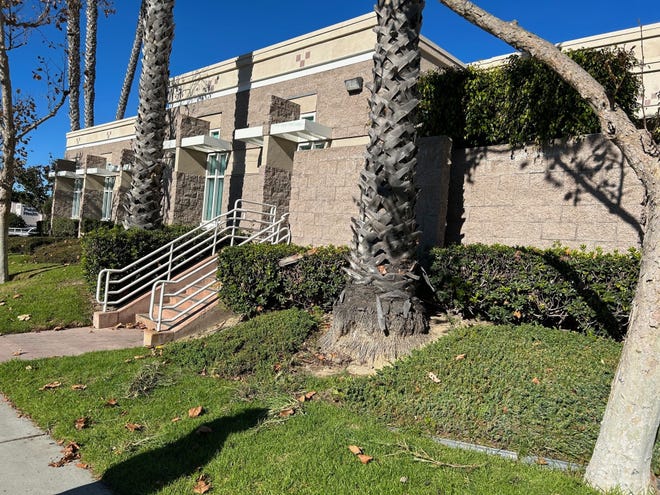The Board of Supervisors has decided to delay the expansion of eligibility for involuntary treatment for mental illness because Ventura County needs to lay more groundwork.
The county is one of perhaps 45 in the state to delay implementation of Senate Bill 43, which would make it easier to identify patients as “severely disabled.” Those with this designation could be subject to treatment against their will for up to two and a half months or placed in a conservatorship for more than a year.
The law passed the Legislature without opposition in October, was signed into law by Gov. Gavin Newsom, and goes into effect on January 1. However, the bill allows counties to delay implementation until January 2026. Ventura County supervisors exercised that option at Tuesday's board meeting, but the plan is to revisit the situation every six months to see if it can be done sooner.
Board Chairman Matt Lover said he hoped the changes would begin as soon as possible.
“I think people with really severe disabilities didn't have access to care for years because the definition was so restrictive,” he says. “I fully support expanding this definition, but I also understand that there are many unknowns. My hope is that we can get a definition and a level of understanding from the state to move forward. As soon as possible, jump on it.''
Under current law, an individual is considered severely disabled if he or she is unable to meet his or her personal needs for food, clothing, and shelter due to a mental disorder. Critics say this is a very high bar, leaving many people who would benefit from hospitalization unable to get the care they need and falling deeper into mental illness.
The new law adds to personal safety and failure to provide necessary medical care. This also applies not only to people with mental illness, but also to many people with severe substance use disorders or a combination of the two.
Ventura County Medical Director Barry Zimmerman told the board that the county needs to have a set of policies and procedures in place before it can begin enforcing the new law. He said medical staff and first responders should also be trained.
“There are big hurdles,” he says.
One question being raised is where more patients will receive treatment.
Ventura County has long recognized a shortage of inpatient psychiatric beds. Then two months ago, options narrowed when county officials closed the private Vista Del Mar Hospital in Ventura to involuntary patients, citing serious deficiencies in patient care. That leaves the 43-bed Hillmont Ward at Ventura County Medical Center as the only local option, and it's almost always full.
Health officials also did not know how new groups of drug-using patients would be treated involuntarily.
Zimmerman told the board he is not aware of any facility in the county that provides that type of care.
“I really don't think California has an effective facility,” he says.
Hospital trade association officials said in a letter to LaVar that counties do not have the capacity to provide involuntary treatment for substance use disorders.
“This model of care doesn't even exist in the state,” said Audra Strickland, regional vice president of the Southern California Hospital Association. She added, “New programs, training, education, and processes need to be created to serve the newly targeted population of involuntary detention.”
Kathleen Wilson covers crime, courts and local government issues for the Ventura County Star. Contact her at [email protected] or 805-437-0271.

